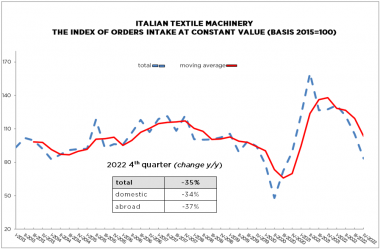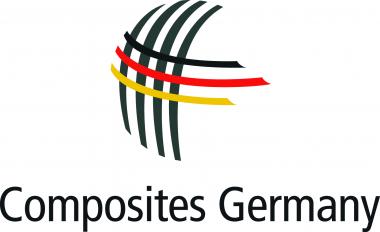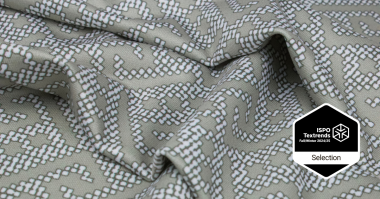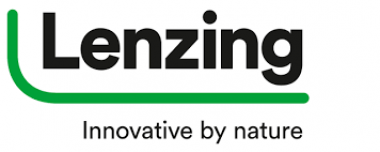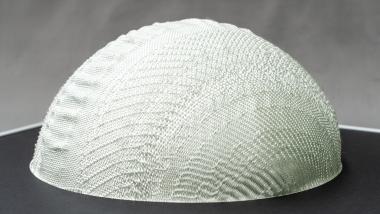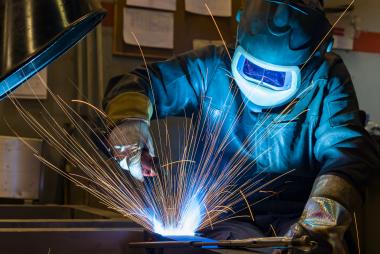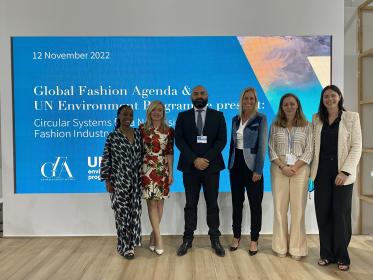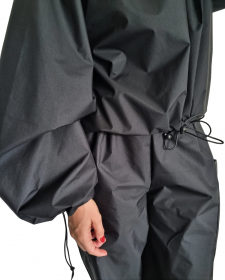Italian textile machinery: declining orders for fourth quarter 2022
The fourth quarter 2022 textile machinery orders index, processed by ACIMIT, the Association of Italian Textile Machinery Manufacturers, showed a sharp 35% decline compared to the period from October to December 2021. In absolute value, the index stood at 83.6 points (basis: 2015=100).
Orders took a 34% drop on the domestic market, while the foreign index was down fully 37%. In Italy, the index’s absolute value came in at 155.4 points, whereas on foreign markets the value stood at 75.8 points.
On annual basis, the orders index marked an 18% decrease and an absolute value of 110.4 points. The drop in orders abroad was 17%, while orders collected in Italy were 28% lower than the figures drawn up in 2021.
ACIMIT president Alessandro Zucchi stated that, “The orders index data for the fourth quarter confirms what had already been observed in the previous quarters in 2022. After a sharp increase in 2021, this decrease in orders for the past year is physiological. Furthermore, the ongoing war between Russia and Ukraine, with its related consequences on daily business and trade, and a macroeconomic framework in which uncertainty prevails, have further negatively affected the orders intake.”
Data for the last quarter does not suggest a reverse in the negative trend for the first months of 2023. Declining energy prices and inflation, although still high, also declining slightly are, however, signs of a light improvement in the business of companies in the sector as well. “We need to look to the current year with optimism,” continued ACIMIT president. “Our member companies are already focusing on ITMA, the upcoming global textile machinery industry trade fair, that will be held from June 8-14 in Milan.” “I am confident that ITMA Milan can represent an opportunity for further development of the Italian textile machinery sector,” concluded Zucchi. “The technological innovations that our manufacturers will bring to the trade show will meet the textile industry’s need to be increasingly sustainable, both environmentally and economically.”
ACIMIT
ACIMIT


